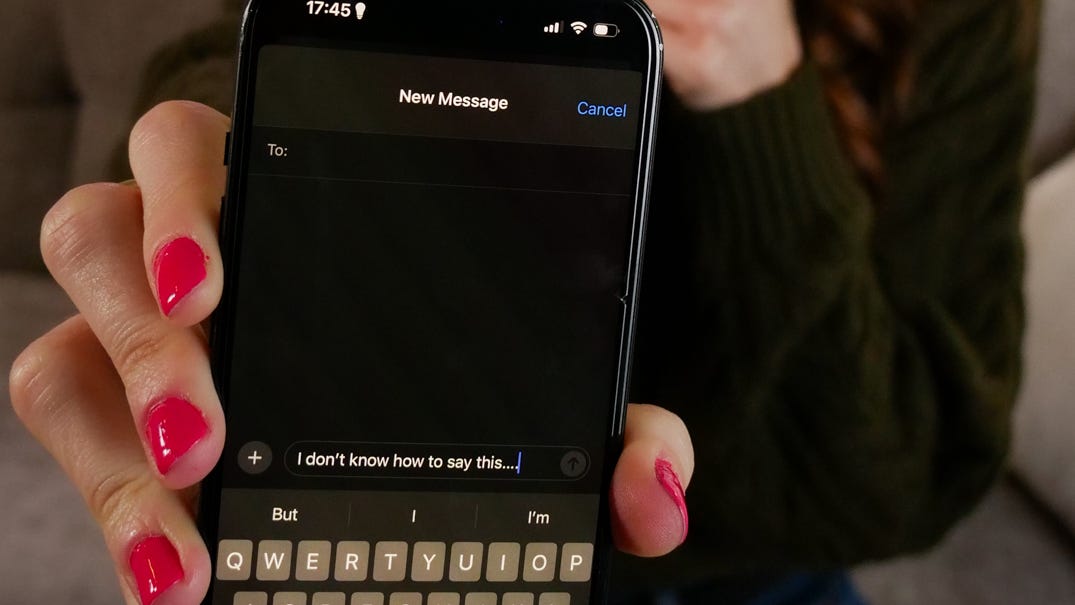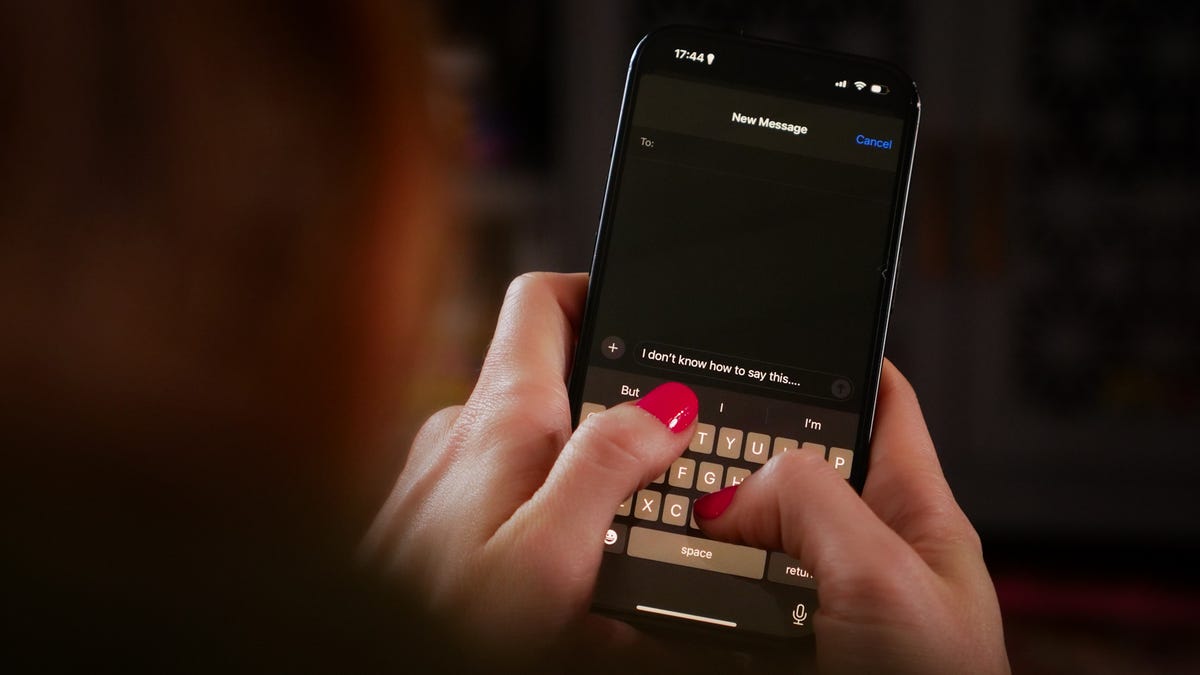Do we really want microprocessors more involved in matters of the heart than they already are?

How to use ChatGPT, AI as a dating coach
Unsure of how to craft the perfect text or tackle a tough topic? Artificial Intelligence might be able to help.
Problem Solved
As I was hanging out with a couple of friends recently, one of them mentioned that he had used an artificial intelligence program to punch up his online dating profile.
I didn’t respond. The other guy we were with is so much an AI fanboy that it’s hard to get through a conversation without him describing how much simpler the technology has made his life.
Still, the idea of trusting machines to bridge the gender divide and unlock secrets generations of humans have sought seemed sketchy to me.
I’ve heard all the hype. I’ve been told, repeatedly, about how AI will change our lives in wonderful and unimaginable ways.
Even so, are we really ready to move toward a future where we rely on AI to fill our social calendars?
Computer-assisted canoodling comes with risks
Sharpening a business résumé with computer assistance is one thing. Since olden times, lots of books have been devoted to that subject, so enlisting AI’s help is a logical progression there.
Dating is − or at least should be − different. It is, after all, among the most interpersonal experiences human beings can have.
Do we really want microprocessors more involved in matters of the heart than they already are?
No question, if you are using a dating site, an algorithm already helps pick your matches. That decreases the likelihood of those Hallmark Channel pairings with people of very different backgrounds meeting by chance and falling in love.
Maybe that’s no great loss. The odds of mismatched couples staying together anywhere but in those fictitious and perpetually snowy Hallmark villages may be on the low side, anyway.
Still, is it wise − or even ethical − to use AI to make a dating profile more attractive to potential matches?
Using an old photo or a “glamour” portrait with a dating profile is a familiar trick. But AI has the ability to take photo doctoring to a whole new level.
Rather than just sending would-be suitors images of what we looked like in our prime, AI can manufacture super-buff versions of ourselves that we might not recognize in a mirror.
If relationships never advance past the online flirting stage, that’s fine. If potential romantic partners finally meet face-to-face, that’s when those AI-generated illusions will be shattered.
Some might argue keeping virtual relationships going a while gives less physically attractive people more opportunities to demonstrate their good qualities, before being dismissed based on their appearance.
I would counter that relationships grounded in deception probably aren’t headed anywhere good.
Using AI to provide more clever answers to dating profile questions isn’t much better than digitally altering photos.
If your dating profile gives people the impression you are smarter, funnier or more self assured than you really are, you will be found out eventually.
I think most people would agree that creating AI-generated profiles that are purely fake to scam people is wrong. Yet AI-assisted dating profiles are at least a step − and maybe several steps − in that direction.
Will AI have to teach us the facts of life someday?
Overall, AI’s intrusion into the dating world is a disturbing trend. If people become so reliant on technology to handle the most intimate details of their personal lives, it won’t be long before a “date” might be two people sitting across from each other in a restaurant, parroting what their smartphones are telling them to say to each other.
Some of us worry about AI eventually overthrowing human civilization. Research already suggests that AI programs would resort to blackmail to protect themselves from deactivation or replacement.
The end for our species might not be as dramatic as Skynet commissioning an army of Terminators to wipe us out. At the rate we’re going, maybe all AI would need to do is provide enough bad dating advice so we’re no longer able to procreate.
Blake Fontenay is USA TODAY’s commentary editor.
